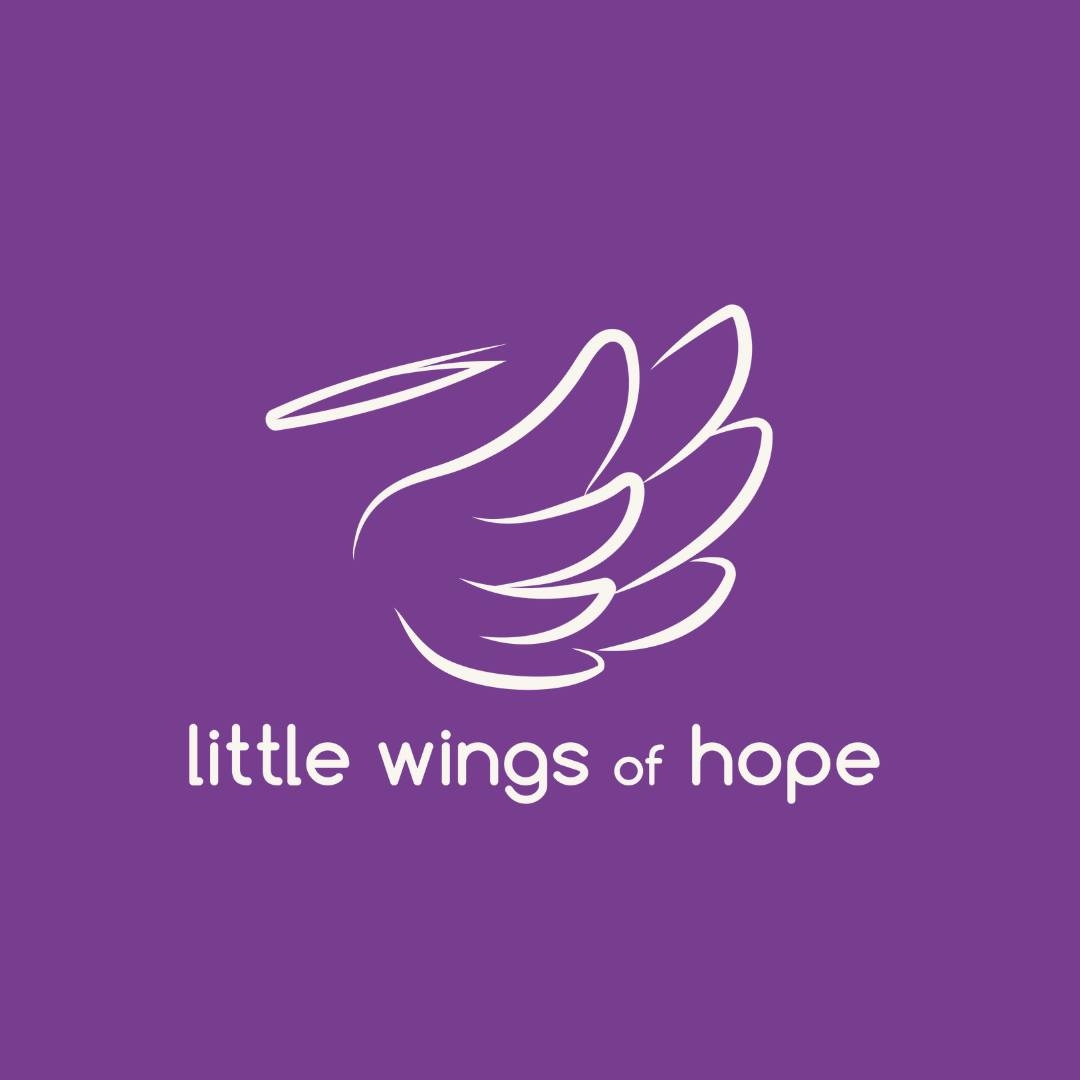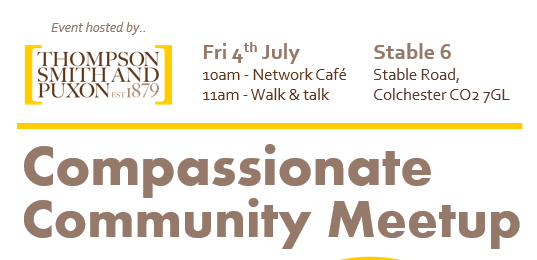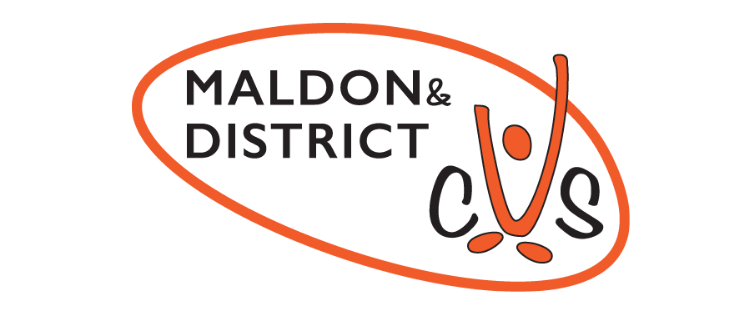Review: Global charity, global trust
Posted on: March 12, 2019
Originally published by charitytimes: www.charitytimes.com
Written by Mark Evans
12/03/19
Trust in charities is highly variable between different countries, with the US currently possessing high levels of trust, while the Netherlands and South Korea have much lower levels.
Not only is trust geographically effected, but trust can rise and fall rapidly, an example of which is Ireland, where trust has gone from very high levels to comparatively low, dropping from 74 per cent to 48 per cent across only six years.
In the UK, trust resides at 52 per cent, joint second with New Zealand to the US (56 per cent), and ahead of Australia (51 per cent), Canada (49 per cent), Ireland (48 per cent), Germany (45 per cent), Netherlands (46 per cent) and South Korea (26 per cent).
These are some of the key findings in a report from nfpSynergy and Australia’s More Strategic that analyse the global attitudes towards charity. The report, Fundraising Around the World, considers the factors affecting public support for charities and fundraising across nine countries, finding patterns of similarity as well as differences.
The impact of different causes varies greatly between countries, with environmental charities standing out as being more prominent in non-Anglophone European Germany and the Netherlands, where trust is in general also lower.
However across all countries, one repeating pattern is that women and higher social grades tend to be stronger supporters of charities, while men are likely to be significantly more annoyed by fundraising tactics. Likewise, older people and higher value donors are in a place of dynamic tension, with high enthusiasm for donating and high levels of giving, but often also feeling hugely under pressure and overwhelmed by the requests they receive.
Particularly considering the UK, where trust in charities has been highly volatile over the period considered (six years) in contrast to high-trust institutions such as the armed forces or low-trust ones such as political parties.
Trust remains a vital indicator of fundraising success. An overwhelming majority of those from the US (79 per cent) reported that donating made them feel good, compared to around half in Germany (47 per cent) and the Netherlands (50 per cent). South Korea appears to be an outlier here, with a high percentage enjoying giving, but with low trust levels.
However in most countries there is a feeling that donors are overwhelmed by the number of requests – with Australia, the UK and New Zealand donors likely to be most sensitive to this and representing over half of the respondents. Only in Germany and South Korea is this less than a majority.
A part of the trust issue might also appear to be linked to communication, with a significantly higher proportion of those from the US likely to say that they feel charities respect them and keep them informed about where their money goes when compared to other countries. This would imply that charities around the world can learn from the example of US charities in their treatment of donors and in their communication of their impact.
Of course, controversies will have an impact upon trust. Take Ireland, for example, which has had a striking drop in trust in recent years and is a reflection of the confidence that Irish people have in how charities themselves are run. Just 30 per cent of respondents in Ireland believe that charities are ethical and honest, compared to over 50 per cent in the US, Australia and New Zealand.
Causes will, naturally, have an impact, and this too varies geographically, but to a far lesser degree than might be predicted. There was a substantial level of similarity between countries with cancer tending to be the most popular cause in most countries (with the exception of the US and especially South Korea and Germany), while children/young people was often the second most popular cause for favourite charities, with animals also tending to be high on the list.
Equally interesting is how armed forces are very popular in the US and the UK, but not Canada, New Zealand or Australia, despite the shared military history in many of the twentieth century’s major armed conflicts.
Trust is vital, it might vary, but achieving it is not only about possession of ethics and efficiency, but also an issue of communication. Although there are differences between the structures in the countries surveyed, there are similarities that allow each to learn from each other.


